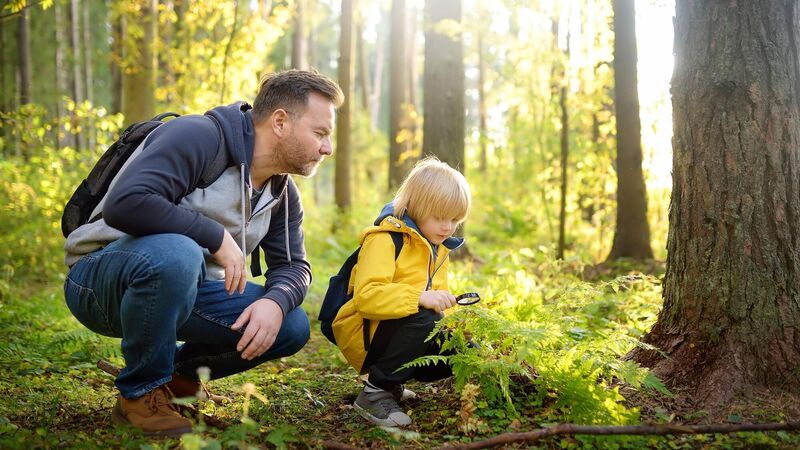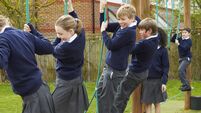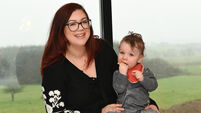Colman Noctor: Understanding science starts with moments of wonder, not in our genes

While almost every secondary school offers biology, chemistry and physics remain largely confined to more advantaged schools. Fee-paying schools typically offer all three sciences, while Deis schools serving disadvantaged communities are far less likely to do so.
ENCOURAGING children to engage with science isn’t just about closing skills gaps — it’s about preparing them for an AI future created in code, measured in data, and driven by discovery. Yet despite various campaigns and scholarships urging students to ‘choose science’, an Economic and Social Research Institute (ESRI) report published last week reminds us that the roots of scientific curiosity or disinterest are planted long before a student ever fills out a CAO form.
Drawing on data from more than 6,000 children tracked in the Growing Up in Ireland study, the findings are fascinating and somewhat frustrating. While almost every secondary school offers biology, chemistry and physics remain largely confined to more advantaged schools. Fee-paying schools typically offer all three sciences, while Deis schools serving disadvantaged communities are far less likely to do so.











